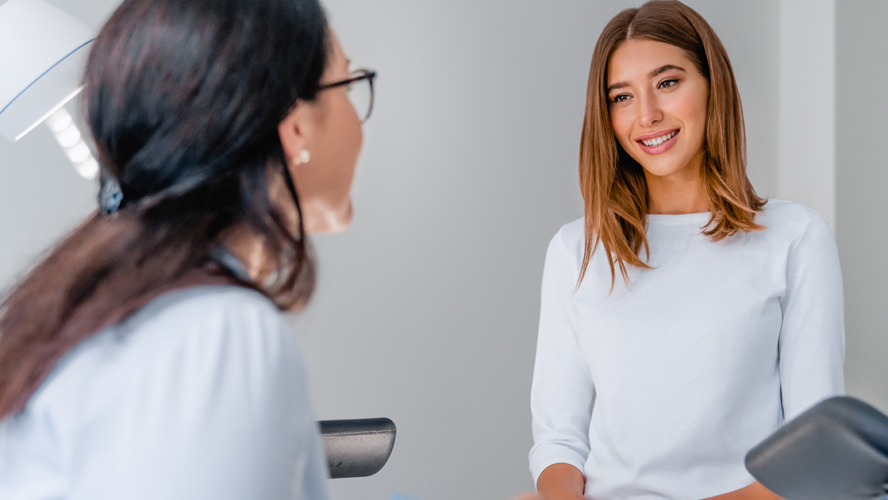
Stephen Donnelly
The Minister for Health
Free contraception is now available to women aged 17–30. This initiative was introduced last year, initially for 17 to 25-year-olds and from 1 January, for 26-year-olds. Underpinned by €31.5 million in funding this year, it was expanded on 1 September to include women aged 27–30.
The scheme marks a significant stride towards an equitable health service that supports women through all life stages, a goal I have prioritised since becoming Minister for Health.
The evolution of women’s reproductive rights in Ireland is a long and difficult story, and I’m thankful that, today, we are far removed from the era when contraception was illegal and women were denied the dignity of bodily autonomy.
Five years on from the referendum on the 8th Amendment to the Constitution that triggered a government commitment to introduce contraception, I’m very proud that the State is funding a fully end-to-end service for women aged 17–30.
What’s included in the 17–30 free contraception scheme?
The scheme covers the cost of consultations with GPs, family planning, student health and primary care centres and prescriptions for the wide range of contraceptive options available on the Health Service Executive (HSE) reimbursable items list.
These options include long-acting reversible contraception (LARCs), injections, implants and hormonal and copper intrauterine devices and systems (coils). The scheme also includes emergency contraception in addition to the oral contraceptive pill, patch and ring. LARC fittings, removals, injections and checks are also free of charge.
The breadth of options allows women to choose the contraception most suited to their needs, regardless of the price tag. In the context of the current cost-of-living crisis, this benefits not just women but their partners and families also.
I’m thankful that, today, we are far removed from the era when contraception was illegal and women were denied the dignity of bodily autonomy.
Responding to public demand
So far, almost 2,400 GPs and 1,950 pharmacies are providing services and products under the scheme, with tens of thousands of women accessing it every month.
In the space of just one generation, the daughters of women who couldn’t legally access contraception can now freely control their reproductive health without cost.
Investing for the future
The prioritisation of women’s health is further reflected in the substantial developments in services for endometriosis, fertility and menopause — to name just a few achievements under the Women’s Health Action Plan. But, we cannot stop here, and I look forward to continuing to deliver on my commitment to providing quality, equitable healthcare for all.

